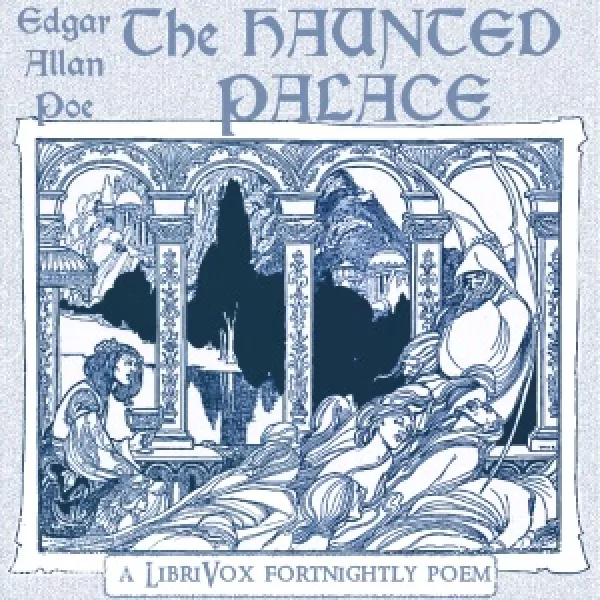
The Haunted Palace
'The Haunted Palace' Summary
Edgar Allan Poe's poem, The Haunted Palace, is a haunting and allegorical tale of the descent into madness. The poem is set in a once-beautiful palace that has fallen into ruin, and its inhabitants have become mad. The poem is a metaphor for the human mind, and it explores the fragility of sanity and the dangers of succumbing to darkness.
The poem begins with a description of the palace in its former glory. It is a place of beauty, wisdom, and joy. The narrator describes the palace's "banner yellow, lofty, and long," its "singers with clear voices," and its "luminous windows." The palace is home to a benevolent monarch, "Thought," who reigns over his subjects with wisdom and compassion.
However, something has changed. A shadow has fallen over the palace, and it has begun to decay. The once-bright colors fade, the once-melodious music becomes discordant, and the once-wise inhabitants become mad. The narrator describes the palace's new state as a "dreary ruin," a "haunted palace" filled with "ghastly forms" and "demons of despair."
The narrator then warns the reader to beware of the darkness that can consume even the strongest of minds. He writes:
"And all is desolate to see
Save where the owl and raven be."
The poem's end is a chilling reminder of the fragility of sanity and the dangers of succumbing to darkness. The palace, which once stood as a symbol of beauty, wisdom, and joy, has become a haunted ruin filled with ghouls and demons.
Essence and spirit of the poem
The essence and spirit of The Haunted Palace is one of darkness, madness, and despair. The poem is a cautionary tale about the dangers of succumbing to temptation and darkness. It is also a reminder of the fragility of sanity and the importance of cherishing our mental health.
Conclusion
Edgar Allan Poe's The Haunted Palace is a classic poem that has been enjoyed by readers for centuries. It is a dark and disturbing tale that explores the depths of the human psyche. It is also a cautionary tale about the dangers of succumbing to temptation and darkness.
Book Details
Authors
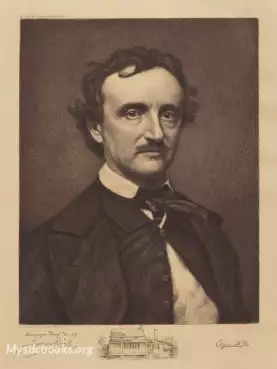
Edgar Allan Poe
United States
Poe and his works influenced literature around the world, as well as specialized fields such as cosmology and cryptography. He and his work appear throughout popular culture in literature, music, film...
Books by Edgar Allan PoeDownload eBooks
Listen/Download Audiobook
- Select Speed
Related books
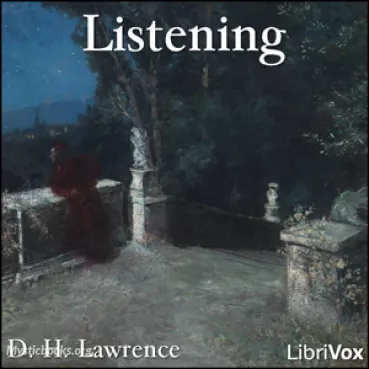
Listening by D. H. Lawrence
It features a range of poems exploring themes of love, nature, and the human experience. The poems in "Listening" are characterized by Lawrence's dis...

Poesías by Miguel de Unamuno
Sumérgete en el mundo profundo y apasionado de la poesía de Miguel de Unamuno con "Poesías", una colección que trasciende el tiempo y las emociones. A...
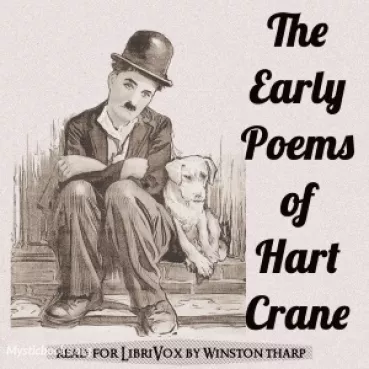
The Early Poems of Hart Crane by Hart Crane
These poems are like a siren song, calling us to the edge of the abyss. The Early Poems of Hart Crane is a collection of Crane's earliest work, writt...

The Wind Among the Reeds by William Butler Yeats
'The wind among the reeds', published in 1899, by critics' opinion is the main achievement of his early works. Imagery of Yeats' poetry at this time...
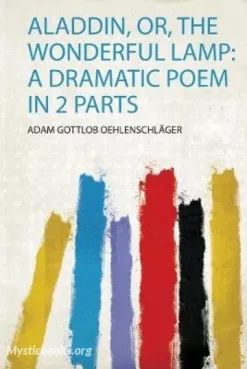
Aladdin, Or, The Wonderful Lamp (A Dramatic Poem, in Two Parts) by Adam Oehlenschläger
It is a retelling of the classic tale of Aladdin and his magical lamp, which has captured the imagination of readers for generations. The book was fi...
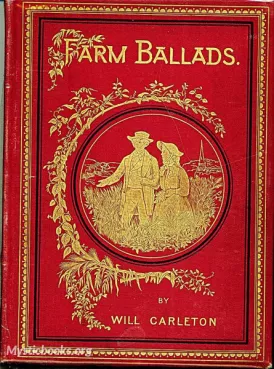
Farm Ballads by Will Carleton
"In Farm Ballads, Will Carleton captures the simple beauty of rural life in a series of poems that are both heartwarming and humorous." Farm Ballads...
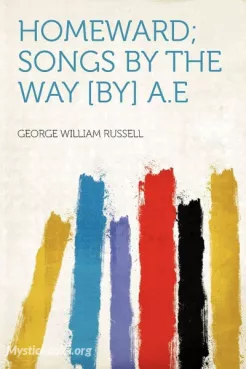
Homeward Songs by the Way by George William Russell
Homeward Songs by the Way is a poetic masterpiece that transcends the boundaries of time and space, whisking readers away on an ethereal journey throu...
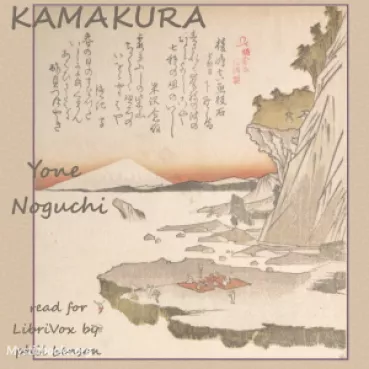
Kamakura by Yone Noguchi
The poems are imbued with a sense of melancholy and nostalgia, evoking the beauty and transience of life. Noguchi's poetry is characterized by its spa...
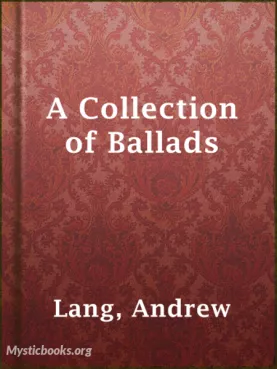
A Collection of Ballads by Andrew Lang
A Collection of Ballads is a treasury of classic and lesser-known ballads from around the world. It is a must-have for anyone who loves poetry and sto...
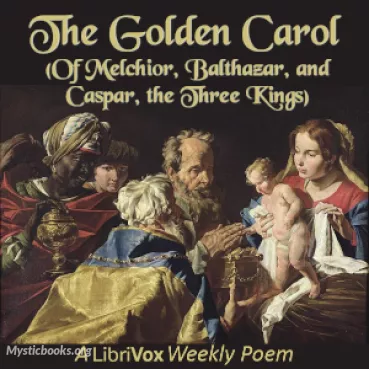
The Golden Carol by Anonymous
This is a mesmerizing poem that weaves together the essence of joy, love, and celebration. Its authorship shrouded in mystery, this lyrical masterpiec...
Reviews for The Haunted Palace
No reviews posted or approved, yet...